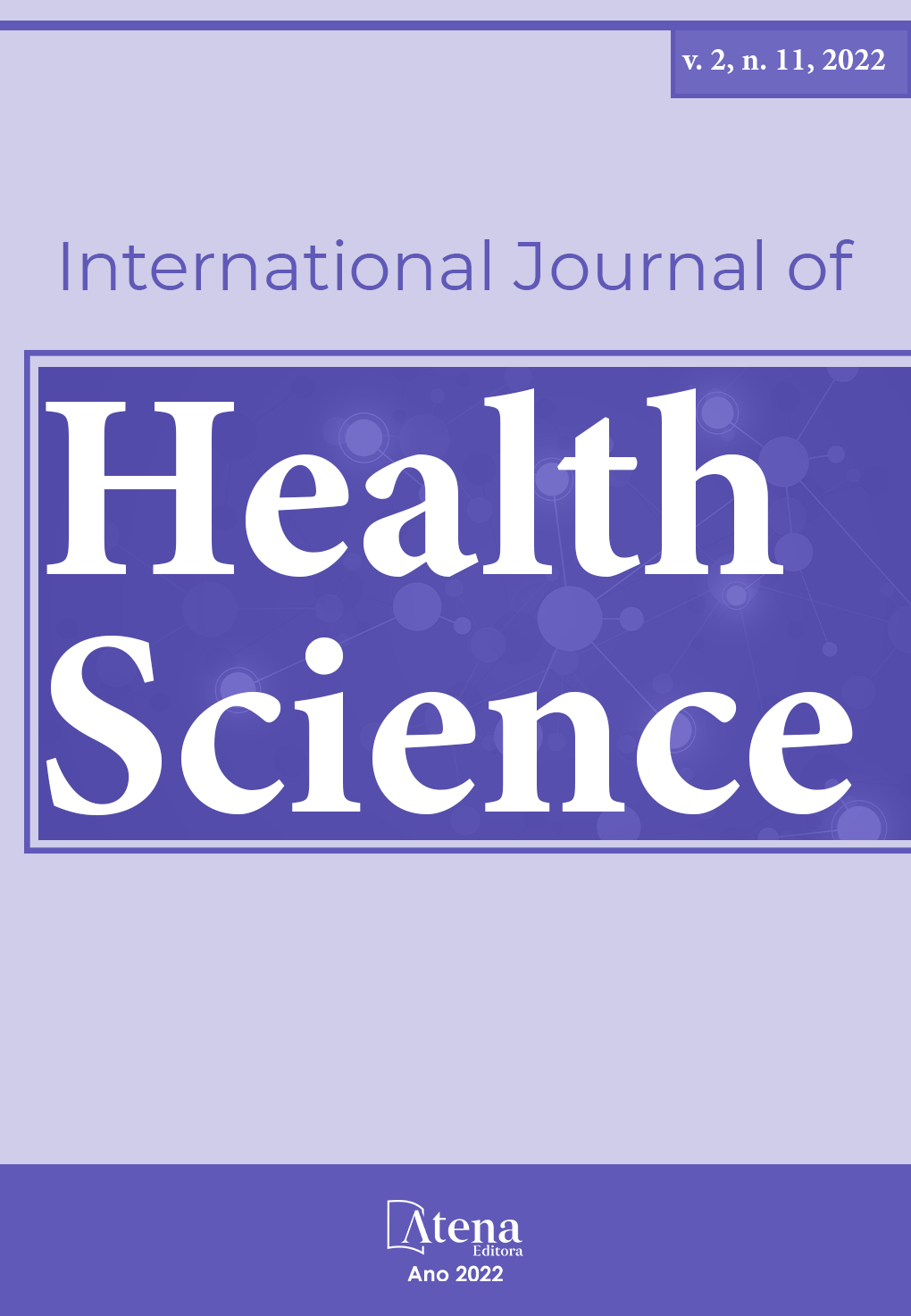
INTRAUTERINE HYPOXIA
Oxygen restriction in the intrauterine phase is called fetal hypoxia, which can trigger several complications, such as growth retardation, seizures, paralysis and damage to various organs. Asphyxia at birth is the fourth leading cause of perinatal death in Brazil and intrauterine hypoxia corresponds to 63.36% of deaths at birth. The presence of maternal fever is a risk factor that sensitizes the fetus to this situation. This work aims to catalog the studies on fetal hypoxia that are available with their full texts free of charge to the public. This is a quantitative study on the topic ''fetal hypoxia'', using inclusion and exclusion criteria pre-established by the authors. With the application of the keywords, 192 studies can be found in the PC database and 35 in the VHL, with this number reduced to 5 and 4, respectively. In addition, the work demonstrates the need for fetal monitoring to mitigate future health complications.
INTRAUTERINE HYPOXIA
-
DOI: 10.22533/at.ed.15921122200210
-
Palavras-chave: Fetal hypoxia; oxygen deficiency; fetal growth retardation.
-
Keywords: Fetal hypoxia; oxygen deficiency; fetal growth retardation.
-
Abstract:
Oxygen restriction in the intrauterine phase is called fetal hypoxia, which can trigger several complications, such as growth retardation, seizures, paralysis and damage to various organs. Asphyxia at birth is the fourth leading cause of perinatal death in Brazil and intrauterine hypoxia corresponds to 63.36% of deaths at birth. The presence of maternal fever is a risk factor that sensitizes the fetus to this situation. This work aims to catalog the studies on fetal hypoxia that are available with their full texts free of charge to the public. This is a quantitative study on the topic ''fetal hypoxia'', using inclusion and exclusion criteria pre-established by the authors. With the application of the keywords, 192 studies can be found in the PC database and 35 in the VHL, with this number reduced to 5 and 4, respectively. In addition, the work demonstrates the need for fetal monitoring to mitigate future health complications.
-
Número de páginas: 6
- Ruylson dos Santos Oliveira
- Carlito dias da Silva
- Kecyani Lima dos Reis
- Adelardo Rhian Oliveira dos Santos Silva
- João Paulo Dias Nogueira
- Thaísa Dutra de Oliveira
- Alana Glecia de Jesus Lopes Silva
- Khilver Doanne Sousa Soares
- João Guilherme Teles de Carvalho
- Francimar Neto de Almeida Lopes
- Maria Lohane Castilho de Almeida
- Danielle Freire Goncalves


